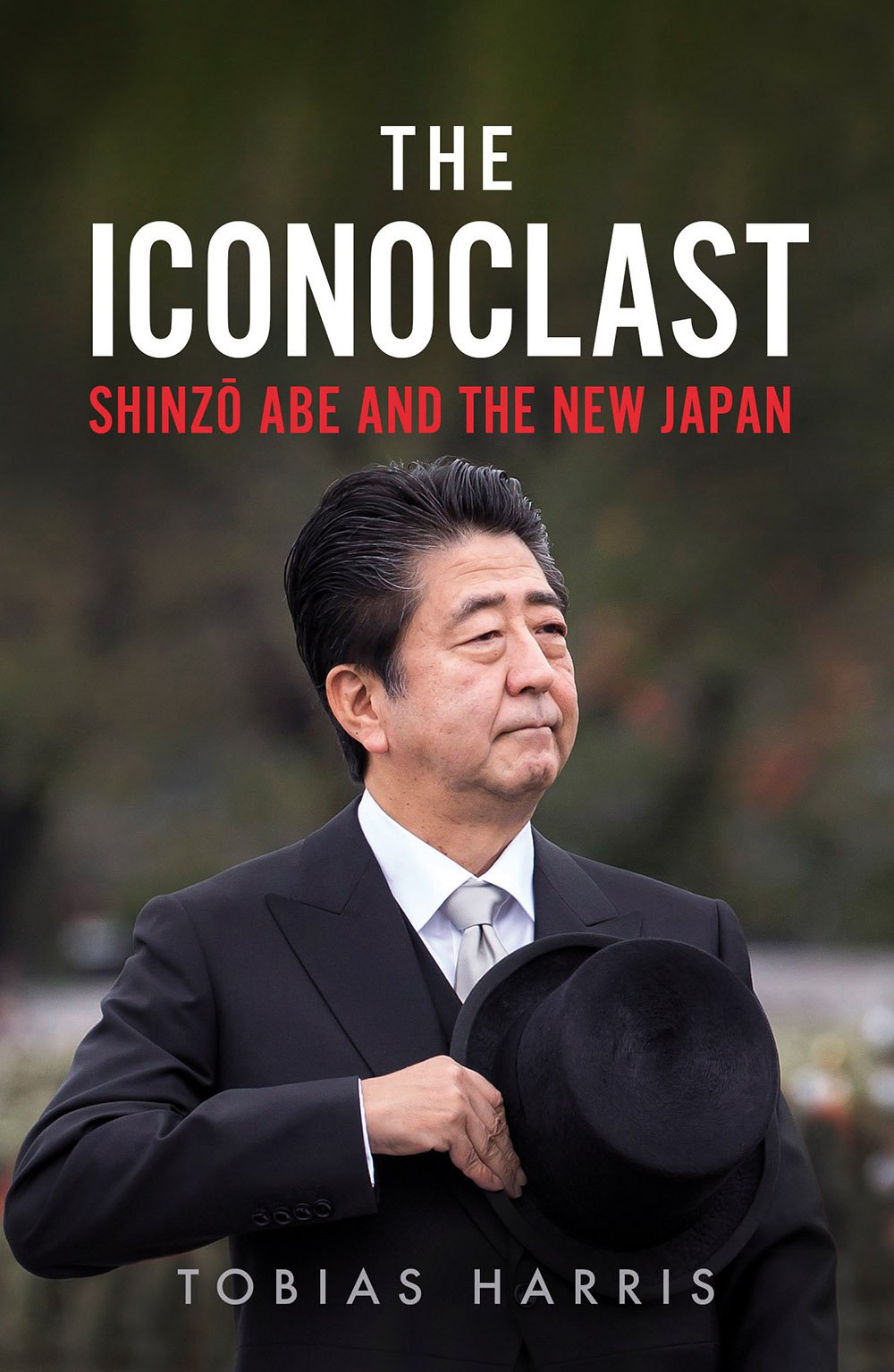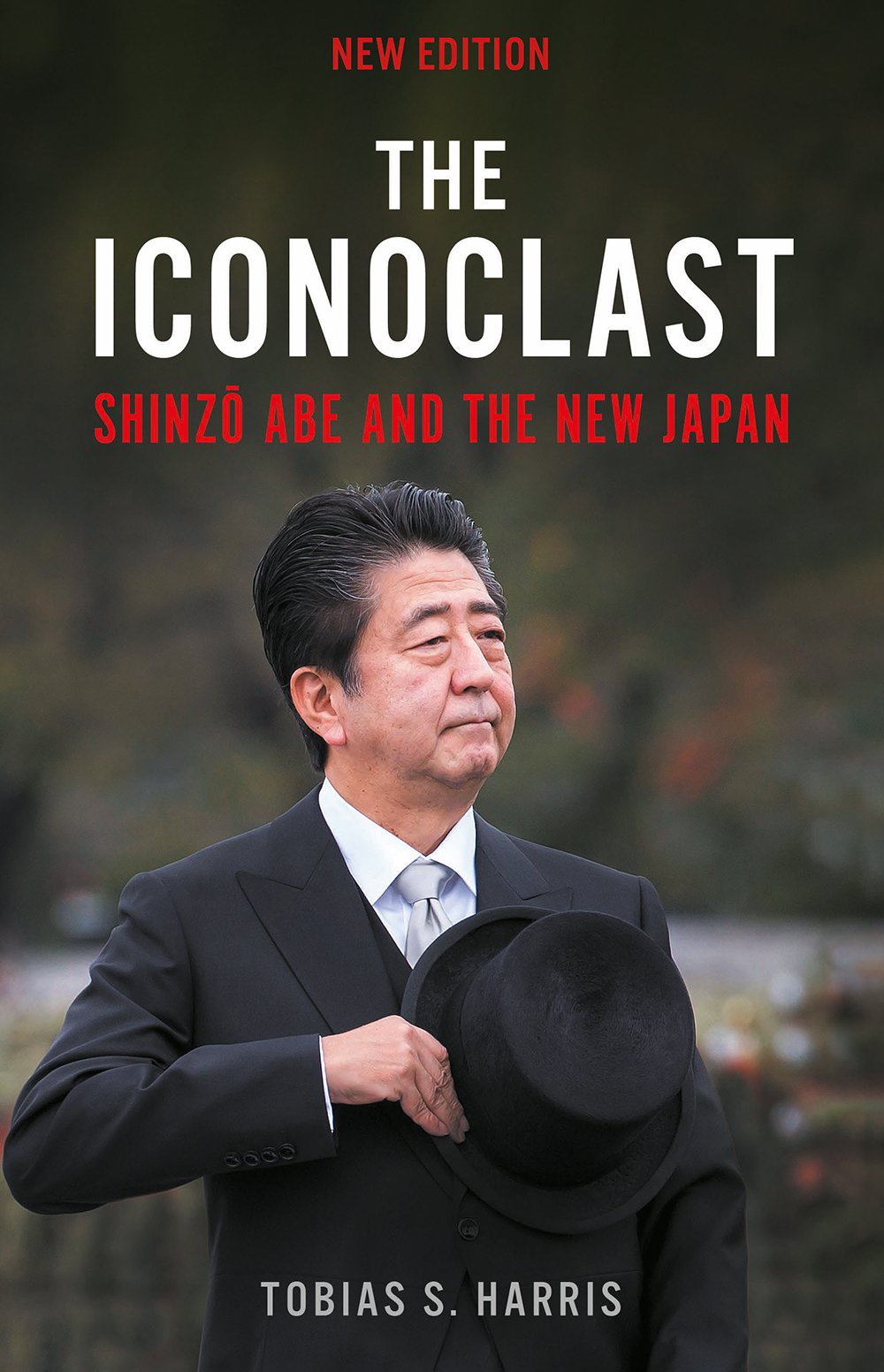Iconoclast
Shinzo Abe and the New Japan

Shinzo Abe entered politics burdened by high expectations: that he would change Japan. In 2007, seemingly overwhelmed, he resigned after only a year as prime minister. Yet, following five years of reinvention, he masterfully regained the premiership in 2012 and, until his resignation in 2020, dominated Japanese democracy as no leader had done before.
Abe inspired fierce loyalty among his followers, cowing Japan’s left with his ambitious economic programme and support for the security and armed forces. He staked a leadership role for Japan in a region being rapidly transformed by the rise of China and India, while carefully preserving an ironclad relationship with Trump’s America.
The Iconoclast tells the story of Abe’s meteoric rise and stunning fall, his remarkable comeback, and his unlikely emergence as a global statesman who laid the groundwork for Japan’s survival in a turbulent century.

Tobias S. Harris is a Senior Vice President of the advisory firm Teneo, covering Japan and East Asia. Since working for a Japanese legislator in 2006-2007, he has run the blog Observing Japan, commented on Japanese politics for major publications and on television and radio programmes; and conducted graduate research at MIT and the University of Tokyo. From 2014-2020, he was a research fellow at the Sasakawa Peace Foundation USA, where he studied Japan’s political economy and analysed public opinion polls. His website is http://www.observingjapan.com.

